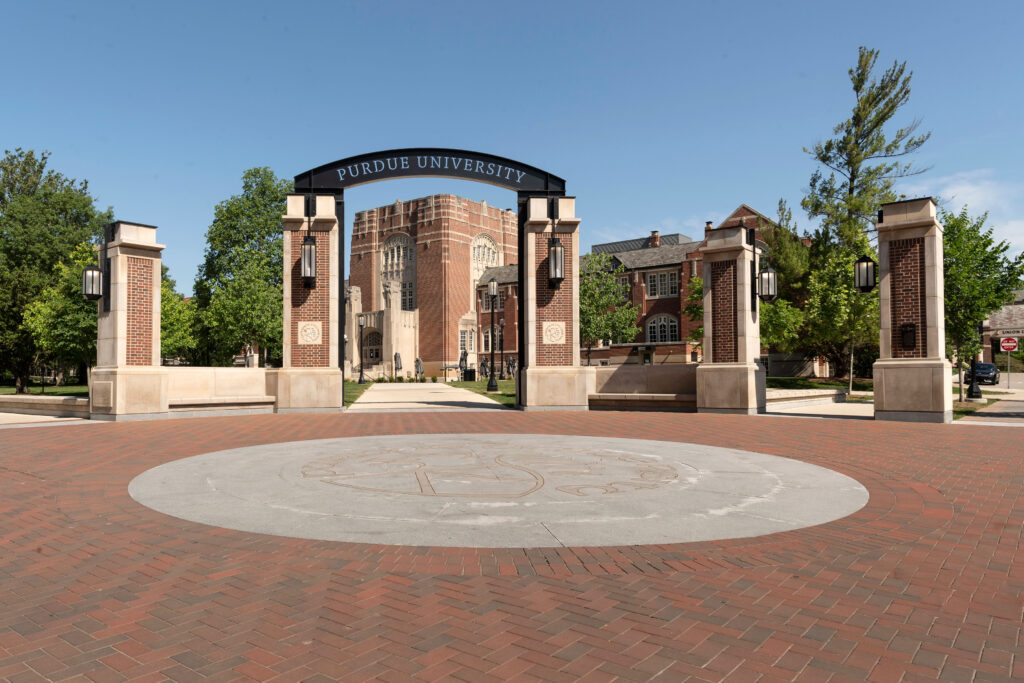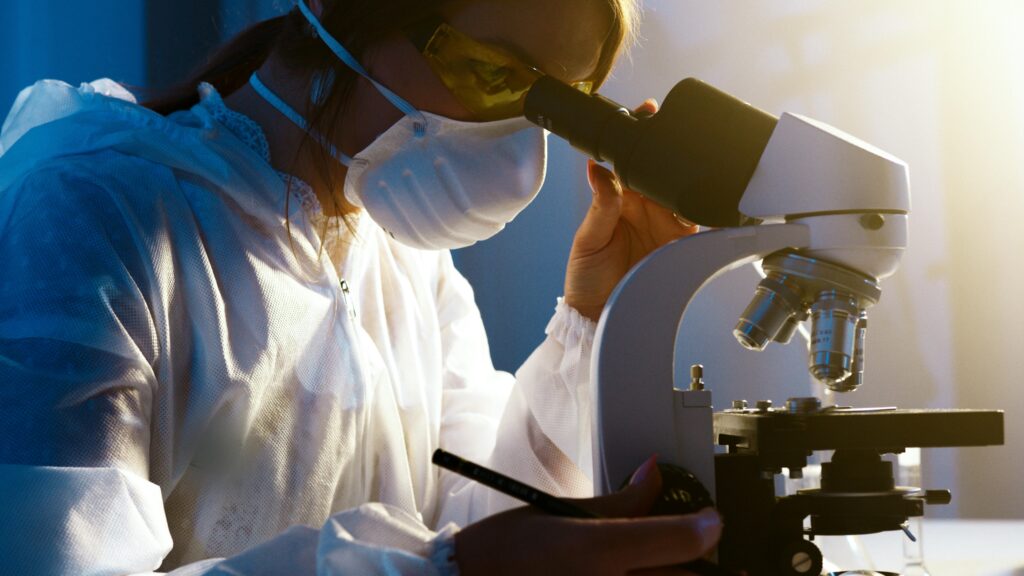As the world grapples with the growing effects of climate change, industries are under pressure to reduce their carbon footprint. Emissions vary across industries. As of 2024, the chemical industry is one of the major contributors to global greenhouse gas emissions, highlighting its role in this problem. However, innovation within this industry is also helping pave the way for a greener future. Institutions like Purdue University are taking charge of transforming industrial processes. Ranked among the top 100 universities in the world (QS World University Rankings 2024), Purdue University is home to the Davidson School of Chemical Engineering, which is at the forefront of sustainability-focused research.
Within the school lies the Center for Operations and Optimization in Process Systems (COOPS), which aims to enhance the efficiency, sustainability, and safety of various industries through research and innovation. Industry partners benefit from its expertise while students have in COOPS a place to gain exposure to cutting-edge research and hone skills needed for industry success.

The Center for Operations and Optimization in Process Systems aims to transform chemical processes, making them more sustainable and eco-friendly. Source: Purdue University
Impactful ways COOPS is advancing sustainability and decarbonization
One of COOPS’s key goals is advanced process optimization and energy efficiency. By leveraging optimization algorithms, advanced control systems, and AI-driven predictive models, COOPS is making chemical processes more energy-efficient. This reduces consumption and waste, and lowers the overall carbon footprint of production.
Take COOPS’s work with ExxonMobil, for example. They collaborated on optimizing distillation sequences for crude oil separation, a process known for its high energy consumption and CO2 emissions. Professor Rakesh Agrawal’s research team developed tailored optimization techniques based on the thermodynamic properties of various hydrocarbons. This led to a 16% reduction in CO2 emissions by requiring less energy for distillation, showcasing the potential for more sustainable practices in the industry.
COOPS is just as committed to decarbonization through electricity. A key strategy is replacing fossil-fuel-based heating methods in chemical reactors with electrified alternatives, such as electrochemical reactors. This shift supports using renewable energy sources like solar and wind in chemical production, aligning with broader decarbonization efforts across industries.
In fact, Professor Agrawal is working with Professor Rajamani Gounder in partnership with Susteon, a technology company focused on decarbonization. Together, they are exploring sustainable aviation fuel (SAF) production using light olefin gases from shale gas or CO2. Funded by a US $5.5 million Department of Energy grant, the project uses electrified reactors to improve energy efficiency and reduce emissions. Professor Gounder’s zeolite catalysts enhance SAF production by improving reaction control and catalyst longevity – important progress in the aviation industry’s difficult but imperative role in meeting net-zero goals.
The center is equally focused on connecting chemical production with energy systems and is working on integrating the power grid and chemical supply chain. By synchronizing operations with grid dynamics, COOPS creates more resilient and flexible supply chains. This integration allows chemical plants to adjust operations based on energy availability, especially from renewable sources, helping to reduce peak energy demand and optimize costs.

Another key objective for the Center for Operations and Optimization in Process Systems is to strengthen collaborations with national labs and federal agencies to expand the reach and impact of its work. Source: Purdue University
Another exciting area of innovation at COOPS is sustainable manufacturing led by Prof. Gintaras Reklaitis. The center is exploring smart chemical processes with AI-powered systems that monitor real-time operations and predict maintenance needs. This helps ensure smoother, more resource-efficient production while minimizing environmental impact and improving process safety.
COOPS conducts Holistic Sustainability Research using Life Cycle Assessments (LCA) and sustainability metrics led by Associate Professor Shweta Singh. Companies can rely on this resource to adopt eco-friendly practices and comply with environmental standards, helping them move closer to a zero-emission future.
In a similar effort, COOPS is partnering with Air Liquide, a world leader in gases, technologies and services for industry and healthcare, on a project led by Assistant Professor Can Li to enable secure data sharing for decarbonization. The initiative allows companies to align energy-intensive operations with periods of lower carbon intensity, maximizing renewable energy use and reducing emissions. This approach helps achieve decarbonization goals while enhancing grid resilience.
Purdue’s faculty members are shaping the future of sustainable engineering
Many faculty members at Purdue are involved in cutting-edge research and innovation centered around decarbonizing the chemical industry. For instance, Assistant Professor David Bernal Neira is developing algorithms to optimize process sustainability. His research in superstructure optimization identifies efficient, low-resource, low-energy, and low-waste solutions, helping the chemical industry meet environmental goals while maintaining productivity.
Associate Professor of Engineering Practice Cornelius Masuku’s research focuses on decarbonization through renewable electrification, specifically integrating clean electricity into chemical processes. He designs electrically powered process units and optimizes their efficiency, helping industries transition to sustainable, fossil-free operations while maintaining high performance.
Meanwhile, Professor Zoltan Nagy focuses on process intensification and optimization in particulate systems, which is important for the pharmaceutical industry. His research improves efficiency and product quality and reduces waste and energy use. Nagy is also developing modular manufacturing systems with distributed control, offering flexible, scalable, and energy-efficient production, particularly in the pharmaceutical industry.
Learn more Purdue University Davidson School of Chemical Engineering.
Follow Purdue University Davidson School of Chemical Engineering on X, Instagram, LinkedIn and YouTube













